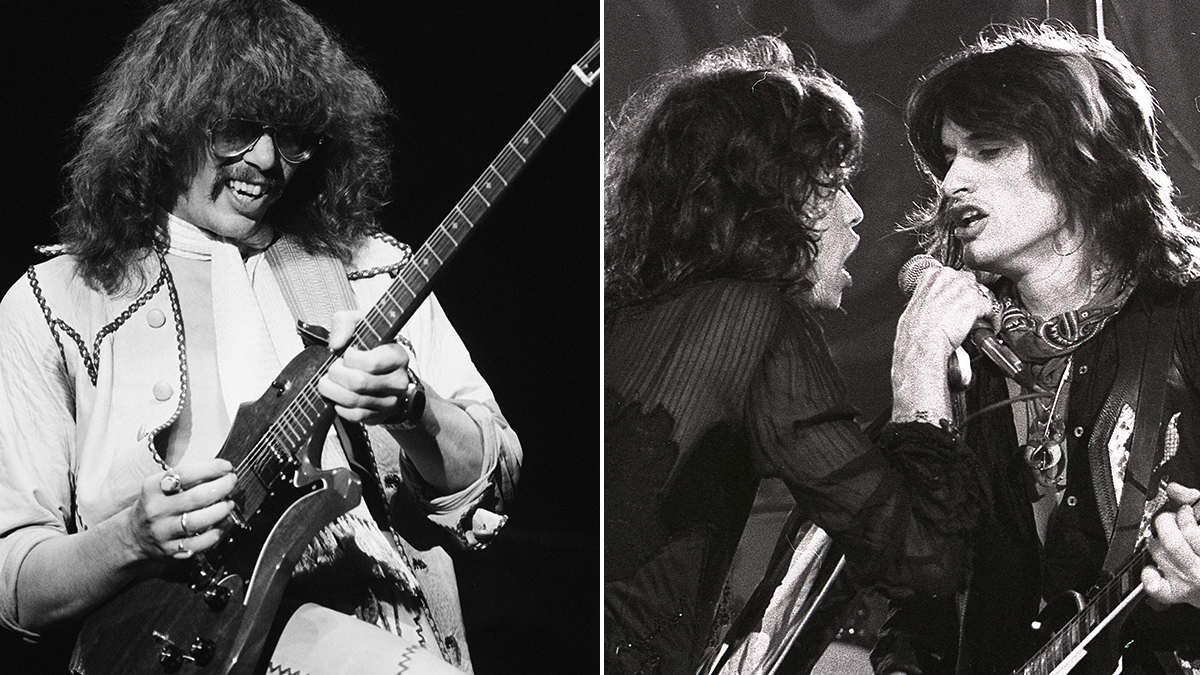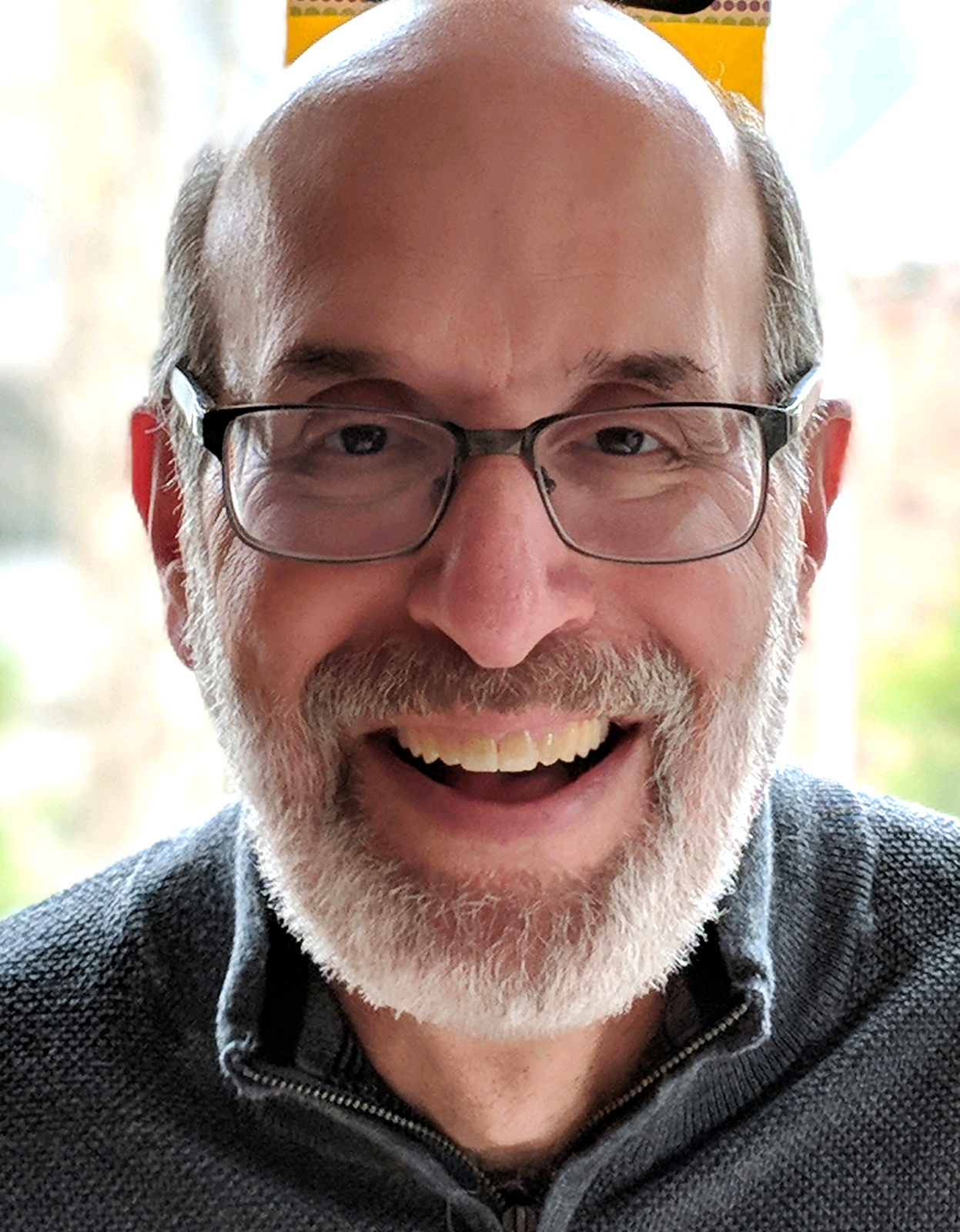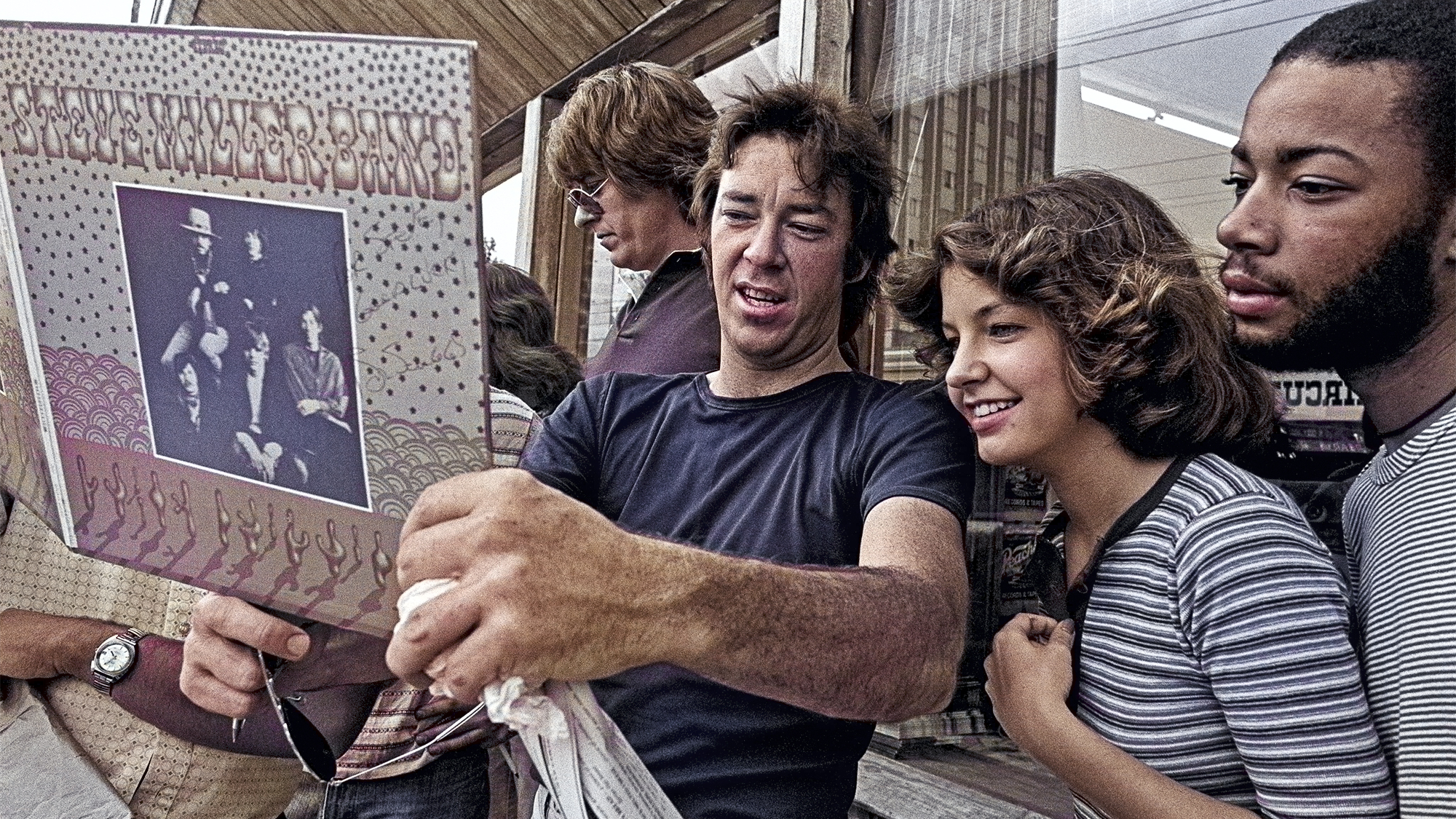“I went out to have a cigarette. The door opens and it’s the producer. He looks at me and says, ‘You feel like playing?’”: Steve Hunter tells how he spontaneously tracked the guitar solo for Aerosmith's "Train Kept a Rollin' "
How the veteran session guitarist helped launch Aerosmith’s career

Steve Hunter says he was halfway through a cigarette when he was pulled into the studio with Aerosmith to spontaneously track his solo on Train Kept a Rollin’.
The hard-working session player, best known for his stints with Lou Reed and Alice Cooper, adds that he was only just getting warmed up when the session was wrapped: “The next thing you know, it’s getting airplay all over the world.”
It was December 1973, and Hunter was working alongside longtime collaborator Bob Ezrin in Studio A at the Record Plant.
“He was editing the two-inch tape, which is very tedious,” Hunter relays. “So I left him alone and went out into the lobby to have a cigarette. And right across from me is the door to Studio C, which is the smaller studio. The door opens and it’s [producer] Jack Douglas. He looks at me and says, ‘You feel like playing?’”
Douglas was trying to mastermind the recording of what would be Aerosmith’s second album, Get Your Wings. The band’s self-titled debut, released earlier that year, had received little fanfare and the band was desperate for its follow-up not to face the same fate. So, cigarette in hand and with boredom to kill, Hunter agreed.
“I said, ‘I’d rather play than sit here,’” he continues. After Douglas had gotten permission from Ezrin to borrow his talent, Hunter “grabbed our favorite amp, which was an old Fender tweed, and brought it into Studio C.
“I walked in, and there was the whole band. So I said hi, and we all shook hands – no big to-do or anything. I remember distinctly meeting Brad [Whitford], because he was a really nice fella. Joe [Perry] was very quiet, and Steve Tyler was kinda crazy and full of energy. But they were really cool guys. I liked them.
All the latest guitar news, interviews, lessons, reviews, deals and more, direct to your inbox!
“I really didn’t know how to act,” he goes on. “I never got any bad vibes off of anybody. They all seemed kinda tired, like they had been working really hard to finish the album. But I never got any kind of vibe about whether they liked me being there or not.”
Pleasantries exchanged, they got to work, but Hunter was surprised with how quickly the wrap was called.
“Jack set me up in the studio, plugged me in, and got this great guitar sound. I put the headphones on and asked him just to play the track so I could get used to it.
“I was noodling, just to find my way around, when Jack said, ‘This is gonna be great, man, but, you’re stepping on the vocals.’ And I said, ‘Well, I don’t have vocals in my headphones.’
“So he fixed that and we did one or two passes, and Jack says, ‘Okay, that sounds great!’ I thought I was just getting warmed up, but they were very happy, and that was it. We took the amp back to Studio A and I went and finished my cigarette. The next thing you know, it’s getting airplay all over the world. I thought, Wow, that’s good!”
As GP has previously reported, who tracked the solos on Train Kept a Rollin’ had been a secret until 2020, when Hunter’s wife, Karen, let the cat out of the bag. Another sneaky nugget of info is that Joe Perry, despite playing Gibson Les Pauls on stage, recorded much of the band’s early material on Stratocasters.
Earlier this year, Aerosmith was forced to retire from touring amid Steven Tyler’s ongoing health issues.
Gary Graff is an award-winning Detroit-based music journalist and author who writes for a variety of print, online and broadcast outlets. He has written and collaborated on books about Alice Cooper, Neil Young, Bob Seger, Bruce Springsteen and Rock 'n' Roll Myths. He's also the founding editor of the award-winning MusicHound Essential Album Guide series and of the new 501 Essential Albums series. Graff is also a co-founder and co-producer of the annual Detroit Music Awards.


